How Office Booking Tools Can Enhance Safety Protocols in the Workplace
The post How Office Booking Tools Can Enhance Safety Protocols in the Workplace appeared first on Android Headlines.


As hybrid work models continue to shape the future of the workplace, ensuring employee safety has become more complex than ever. The post-pandemic era has introduced new challenges, including maintaining social distancing, limiting occupancy, and managing shared spaces effectively. Office booking tools have emerged as a key solution to address these challenges. These tools help organizations regulate workspace usage, ensuring that only designated individuals are in the office at any given time, and that spaces are used in compliance with health and safety protocols.
By integrating real-time space management features, office booking tools not only prevent overcrowding but also enhance transparency, giving employees confidence in the safety of their environment. With the flexibility to adjust for fluctuating occupancy needs, these tools are essential for creating a dynamic, safe, and efficient workplace in today’s hybrid work landscape. For organizations looking to streamline their office management system, platforms like https://unspot.com/ offer innovative solutions to ensure smooth operations and enhanced safety measures.
The Role of Office Booking Tools in Ensuring Safety
Office booking tools are essential digital platforms that enable businesses to manage and streamline workspace reservations. They allow employees to book desks, meeting rooms, and other shared resources in advance, ensuring optimal usage of available spaces. By providing real-time visibility into workspace occupancy, these tools help companies maintain control over office capacity, ensuring that social distancing measures are adhered to and that government-mandated safety guidelines are met.
One of the primary benefits of office booking systems is the ability to limit the number of employees present in the office at any given time. This helps businesses comply with social distancing requirements, ensuring that workers are spaced out appropriately across the office floor. In practice, companies have used these systems to effectively manage hybrid workforces, reducing the risk of overcrowding and providing a safer environment for all employees.
For instance, during the pandemic, many businesses turned to office booking tools to maintain a safe and compliant office environment. Companies would set a daily occupancy limit, ensuring that only a set number of employees could reserve desks on any given day. This not only helped with social distancing but also allowed companies to allocate resources more effectively, preventing unnecessary overlap and ensuring that workspaces remained clean and sanitized. With these tools, businesses could easily track which areas had been used, minimizing the spread of germs and ensuring a safer workplace for everyone.
Overall, office booking tools play a crucial role in helping organizations maintain a safe, organized, and compliant office environment, especially in a post-pandemic world where flexibility and safety are key priorities.
Reducing Employee Anxiety with Efficient Space Management
One of the significant challenges businesses face in a post-pandemic world is addressing employee anxiety about returning to the office. With lingering concerns over workplace safety, many employees are uncertain about the hygiene and capacity of the office environment. Office booking tools can alleviate much of this anxiety by providing transparent and efficient space management.
When employees have access to a system that clearly shows workspace availability and occupancy limits, they feel more in control of their environment. By reserving desks or meeting rooms in advance, employees can be assured that the spaces they will occupy are safe, sanitized, and within the designated capacity limits. This sense of transparency and organization not only fosters trust but also creates a more comfortable return to the office.
For example, a company that implements a clear desk-booking system can help employees avoid concerns about overcrowding. Studies show that clear communication and visible management of office resources improve employee trust in workplace safety—companies using booking tools have reported a significant reduction in employee anxiety. By knowing exactly where and when they will work, employees are more confident in their safety, leading to a smoother transition back to the office environment.
In short, office booking tools provide an effective solution to reduce employee anxiety by ensuring that workplace safety is well-managed and transparent. This fosters a sense of security, ultimately encouraging employees to return to the office with confidence.
Real-Time Data for Smarter Safety Protocols
One of the most significant benefits of using office booking tools is the ability to leverage real-time data for smarter safety protocols. By tracking space usage dynamically, companies can make immediate adjustments to ensure that safety guidelines are followed effectively, optimizing the use of available resources and ensuring employee well-being.
Real-time occupancy data provides a clear view of how different areas of the office are being utilized. This allows businesses to adjust the layout, control the number of people in specific spaces, and ensure compliance with social distancing rules. For instance, if a meeting room is nearing capacity, the system can alert administrators to limit new bookings or suggest alternative spaces. Additionally, if certain areas are underutilized, resources can be redirected to meet the demand elsewhere, ensuring that the office is functioning as efficiently as possible.
An example of this in action can be seen in how companies have used booking tools to address fluctuating demand during hybrid work schedules. A company might notice that certain desks or rooms are consistently underused on specific days, allowing them to reassign resources or adjust the cleaning schedules accordingly. This kind of data-driven approach ensures that employees are not only working in a safe environment but also contributing to a smooth and flexible workflow.
Ultimately, real-time data empowers organizations to stay ahead of any potential safety risks and optimize office space usage, making sure that employees can confidently return to a well-managed, safe workspace.
Integrating Health and Safety Measures into Booking Systems
In response to heightened health and safety concerns, many office booking tools are evolving to include health verification features. These innovative integrations help businesses ensure that only employees meeting safety requirements can access the workplace, thereby reducing potential health risks.
Modern booking systems now offer the ability to integrate health questionnaires that employees must complete before reserving a workspace. These questionnaires may include questions about current symptoms, recent exposure to illness, or travel history. Additionally, many platforms allow employees to upload vaccination status information, ensuring that the workplace is adhering to both company policies and government regulations regarding vaccination and health safety.
For example, some companies have adopted booking tools that require employees to complete a daily health screening before booking a desk or meeting room. In addition to health questions, some systems also allow for sanitation verification—employees can confirm that areas like desks or meeting rooms have been properly sanitized before they enter. This verification process adds an extra layer of assurance, further minimizing any risks associated with shared office spaces.
By incorporating these health and safety measures directly into the booking process, companies are not only fostering a safer work environment but also instilling confidence among employees. These proactive steps ensure that the office is not only compliant with safety guidelines but also that it is truly a safe place to return to.
Conclusion
Incorporating office booking tools into your workplace is no longer just a convenience—it’s a necessity for maintaining safety and efficiency. These tools enable businesses to manage workspace occupancy, ensure adherence to safety protocols, and build employee confidence in returning to the office. By leveraging real-time data, integrating health and safety features, and offering transparency in space management, companies can enhance their overall workplace safety while also improving the employee experience.
As we continue navigating hybrid work models, it’s crucial to view these tools as a long-term solution, not just a temporary fix. Evaluating and improving your current office management systems will position your business to effectively adapt to the evolving work environment. If you haven’t yet explored these solutions, now is the time to consider how office booking tools can transform your workplace for the better.
The post How Office Booking Tools Can Enhance Safety Protocols in the Workplace appeared first on Android Headlines.

_NicoElNino_Alamy.png?width=1280&auto=webp&quality=80&disable=upscale#)











































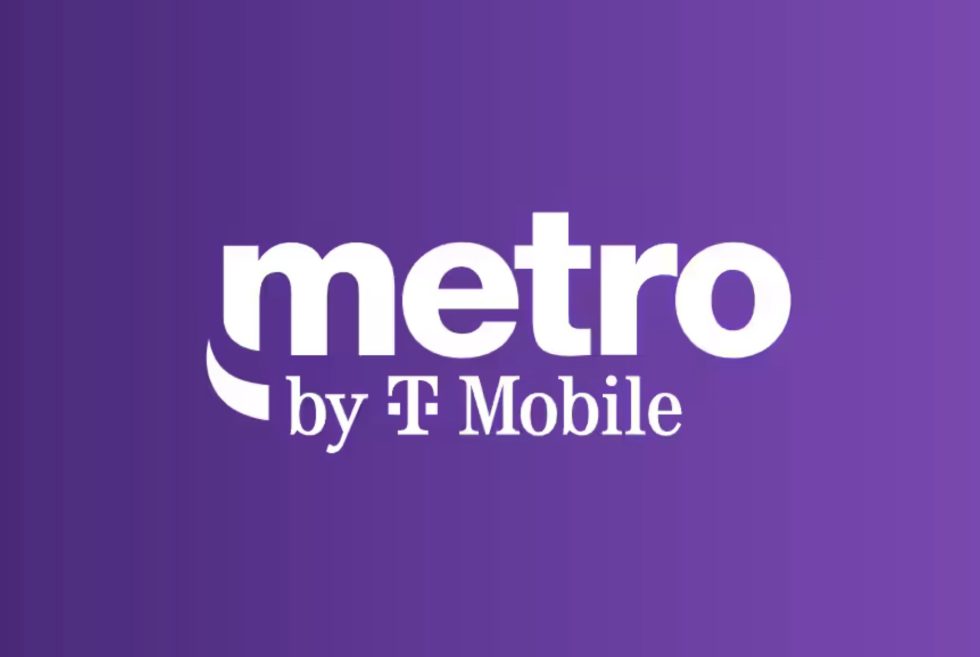
























![At Least Three iPhone 17 Models to Feature 12GB RAM [Kuo]](https://www.iclarified.com/images/news/97122/97122/97122-640.jpg)
![Dummy Models Showcase 'Unbelievably' Thin iPhone 17 Air Design [Images]](https://www.iclarified.com/images/news/97114/97114/97114-640.jpg)




























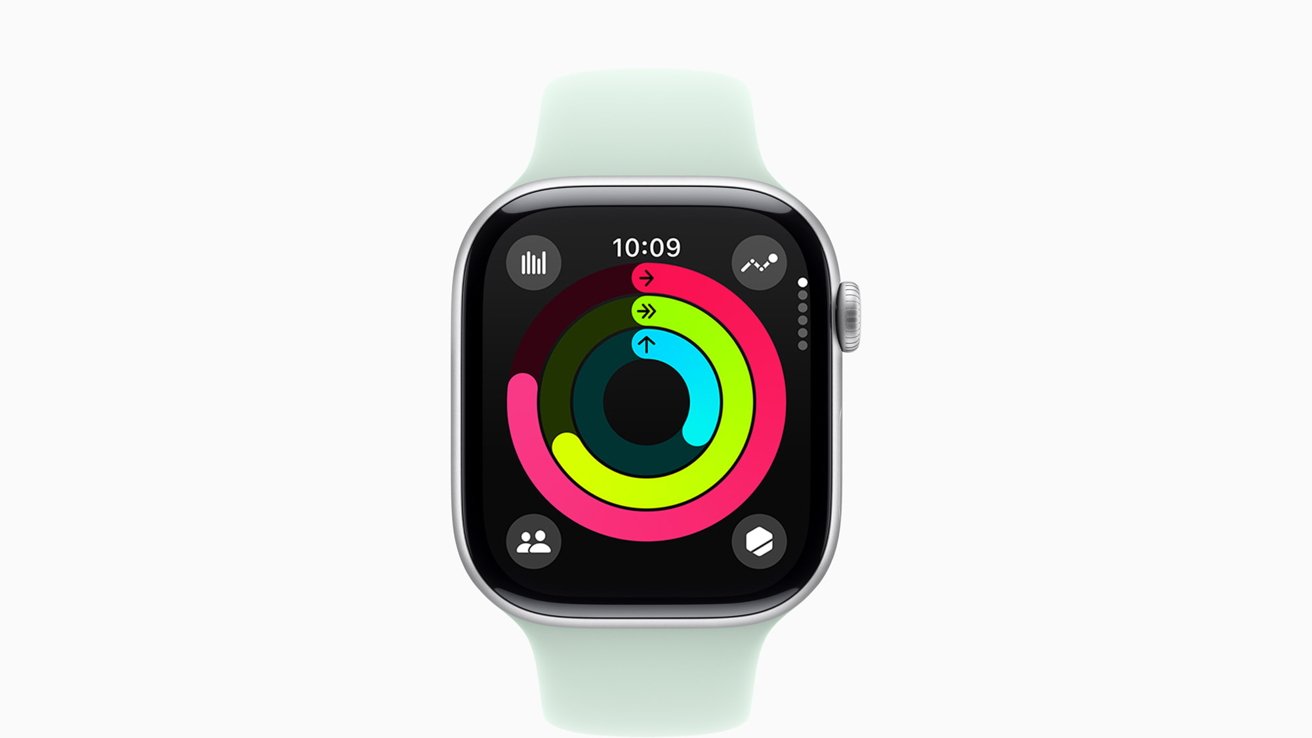


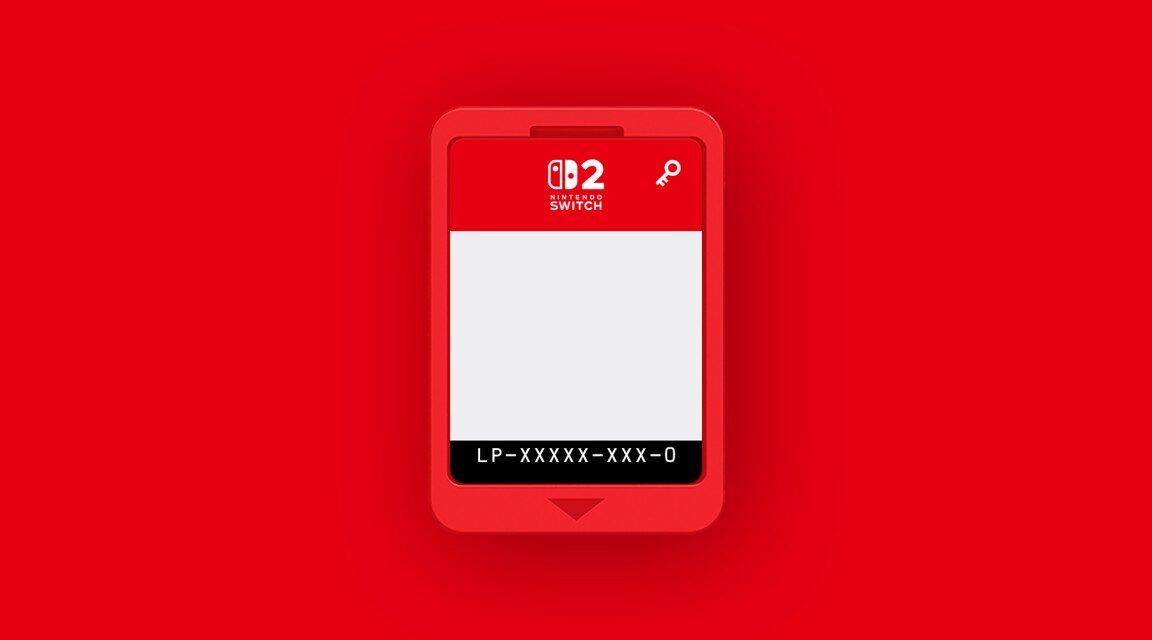






















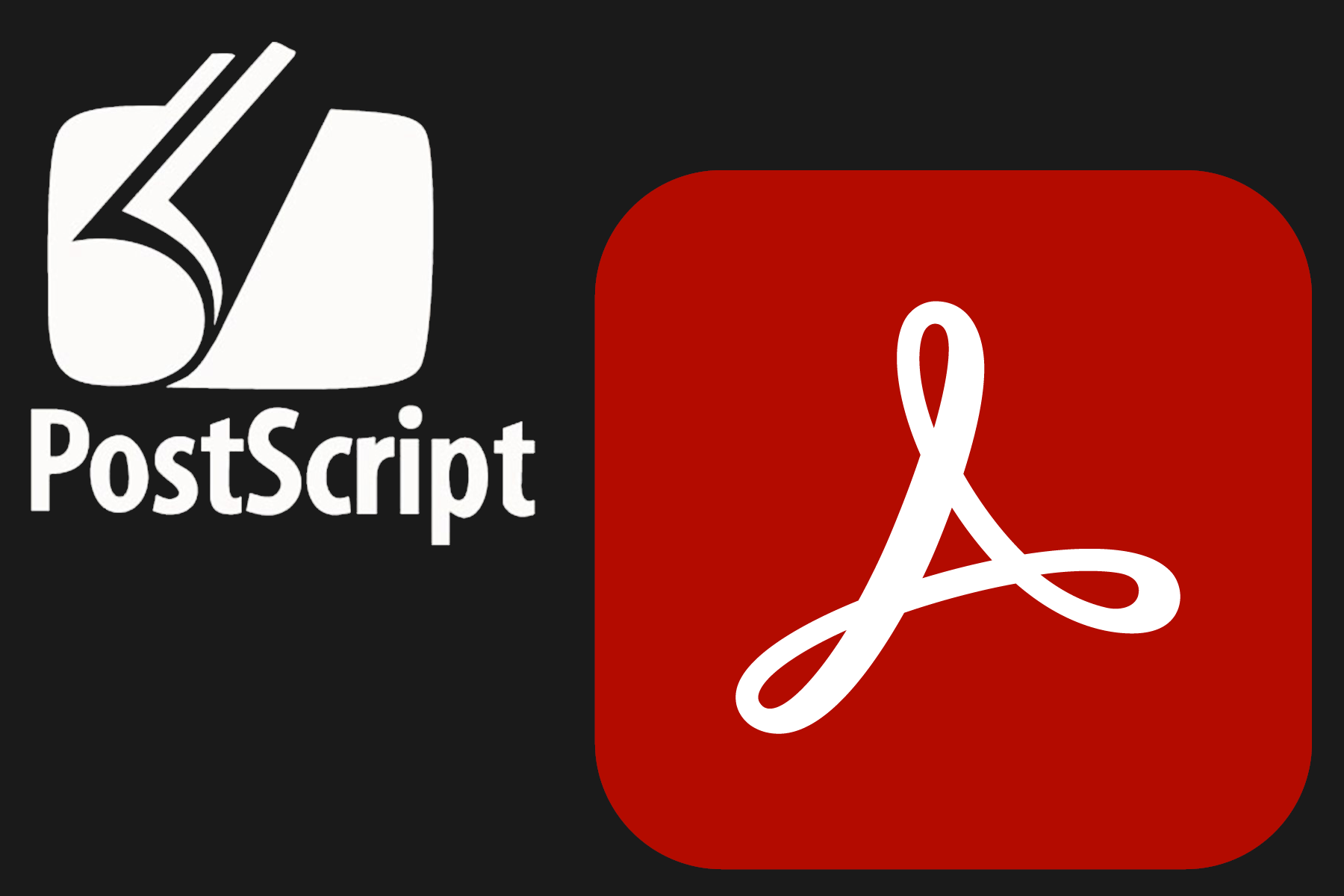

















































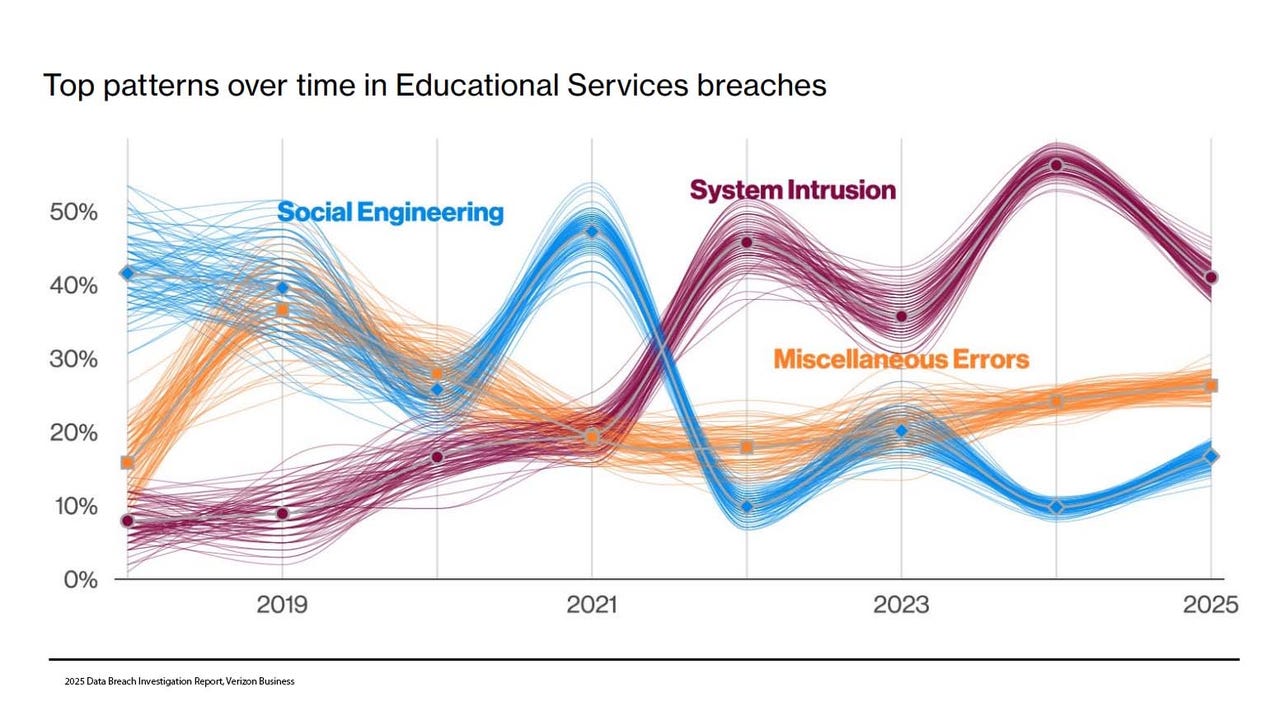
_Olekcii_Mach_Alamy.jpg?width=1280&auto=webp&quality=80&disable=upscale#)





















































































![[The AI Show Episode 144]: ChatGPT’s New Memory, Shopify CEO’s Leaked “AI First” Memo, Google Cloud Next Releases, o3 and o4-mini Coming Soon & Llama 4’s Rocky Launch](https://www.marketingaiinstitute.com/hubfs/ep%20144%20cover.png)

































































































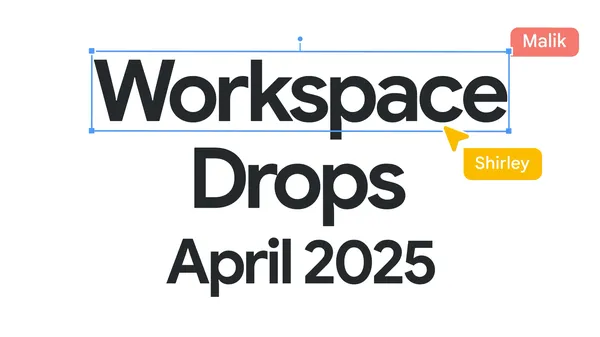







































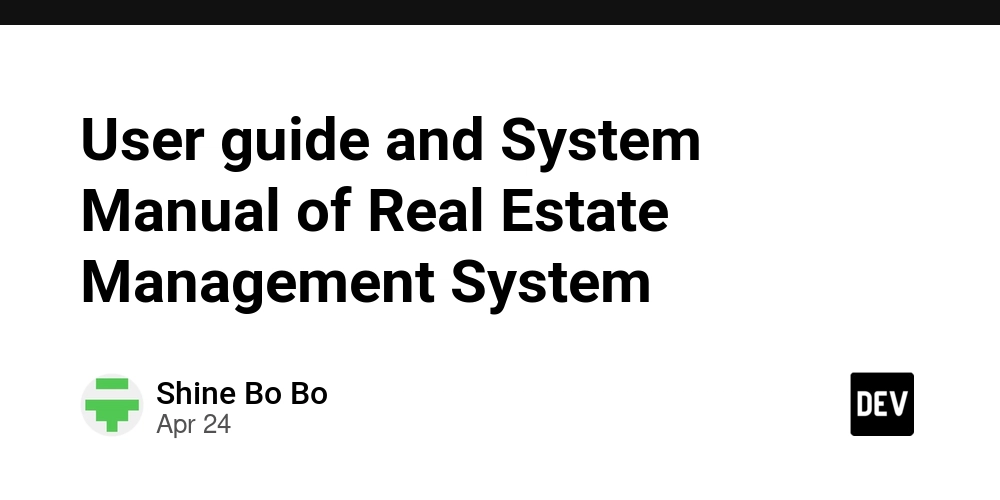



![[DEALS] Sterling Stock Picker: Lifetime Subscription (85% off) & Other Deals Up To 98% Off – Offers End Soon!](https://www.javacodegeeks.com/wp-content/uploads/2012/12/jcg-logo.jpg)






























































































